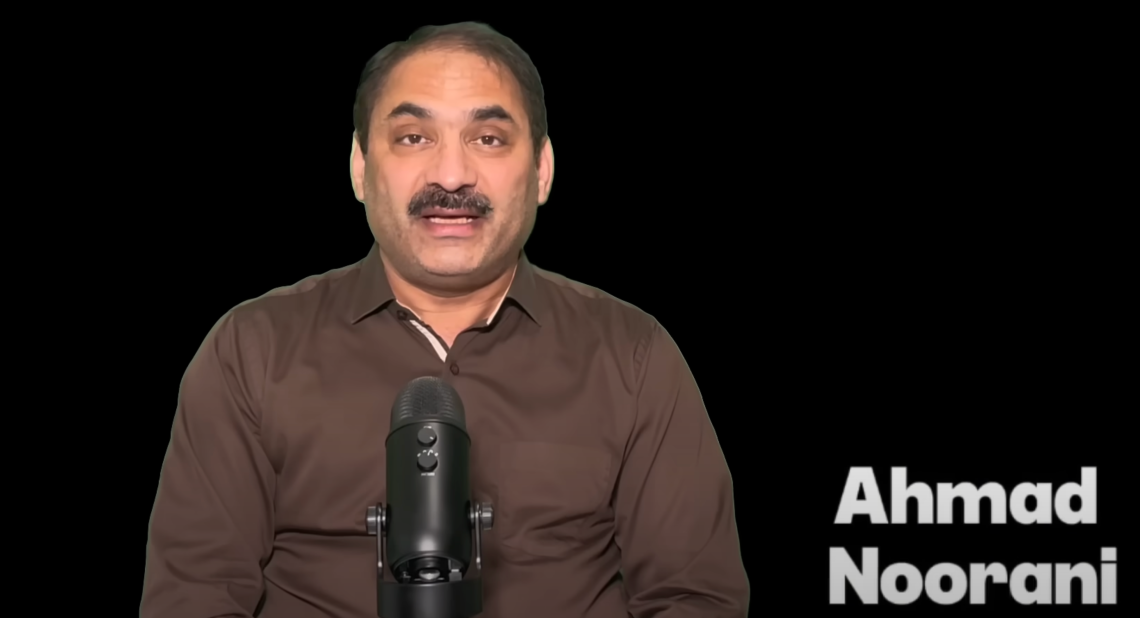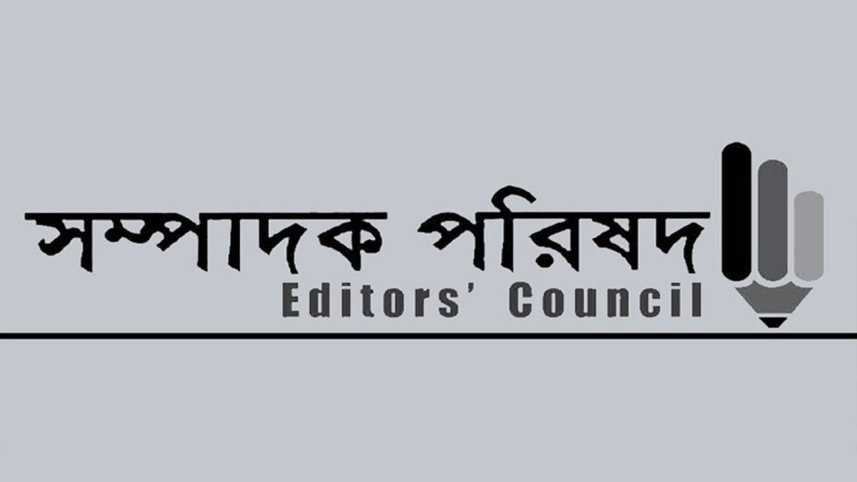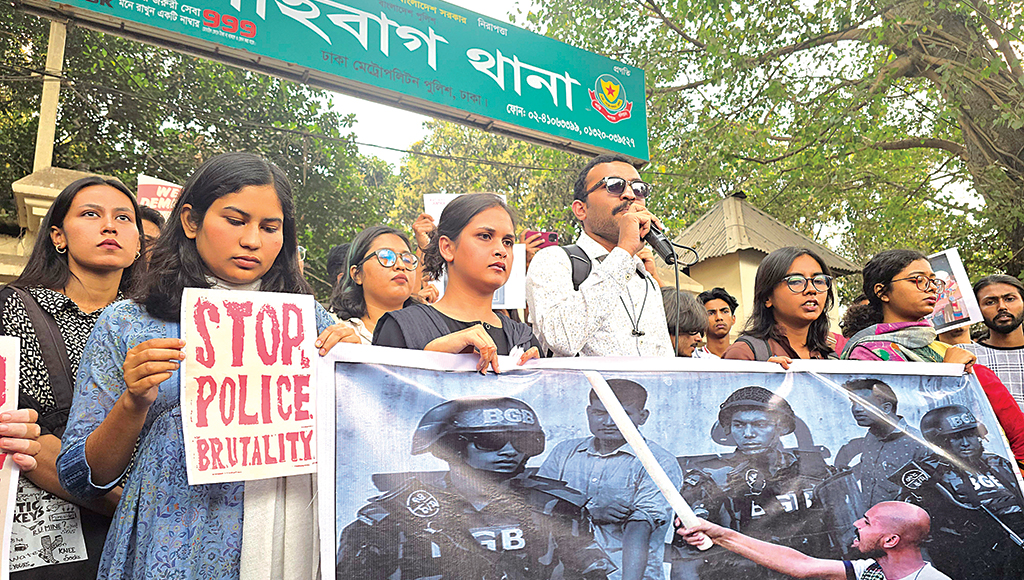
Palestinian Journalist Ahmed al-Halou Killed in Gaza as Media Death Toll Reaches 242
May 15, 2025
Journalists Under Siege: A Call for Global Accountability
May 16, 2025May 16, 2025 – Pakistan/India –
Following the April 22, 2025, terror attack in Pahalgam, Jammu and Kashmir, which claimed the lives of 26 tourists, the Indian government has intensified its efforts to counter digital misinformation and propaganda. Central to this response is the blocking of 16 Pakistani YouTube channels accused of promoting false narratives and inflaming communal tensions.
According to India’s Ministry of Information and Broadcasting, these channels were found spreading disinformation about India’s internal affairs, including the Kashmir conflict and India’s armed forces. The government’s order stated that the content was deemed harmful to national security and public order. Some of the banned channels reportedly had millions of subscribers and significant cross-border reach. Prominent news outlets like Geo News and Dawn News were also caught up in the digital sweep.
In an unprecedented move, India also blocked the official YouTube channel of Pakistani Prime Minister Shehbaz Sharif. This action was seen as a clear message amidst escalating diplomatic tensions. Officials claim this step was necessary to prevent high-profile figures from leveraging digital platforms to push anti-India rhetoric.
These moves have sparked international concern, particularly among press freedom advocates. The Committee to Protect Journalists (CPJ) condemned the actions, citing broader patterns of media suppression. CPJ pointed out a troubling rise in the intimidation, assault, and legal harassment of journalists and commentators in India after the Pahalgam incident. They urged Indian authorities to respond to national security threats without compromising journalistic freedom.
The CPJ also reported that independent journalists and exiled Pakistani media workers have been targeted in a broader campaign that includes digital censorship and legal scrutiny. One Pakistani journalist’s YouTube channel, which featured investigative stories critical of both governments, was reportedly blocked without an official explanation.
India’s approach reflects a growing trend among governments using national security justifications to regulate online content. While the move aims to counter disinformation, critics argue that such broad measures risk silencing dissent and stifling independent journalism.
As regional tensions continue, the balance between security and press freedom remains precarious, and under close watch from global observers.
Reference –
Pakistani journalist’s YouTube channel blocked, under investigation in drive against exiled media




